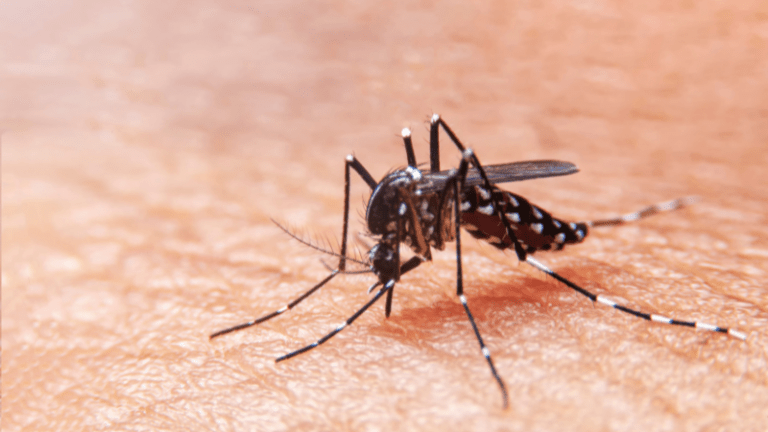Steve Horvath’s Pioneering Work on Biological Age
March 19, 2024
The Vital Role of Potassium in Health
March 15, 2024
Dengue Fever: Understanding Dengue Transmission
March 12, 2024
6 Compelling Reasons to Add Asparagus to Your Grocery List
February 19, 2024
Heart-Healthy Diets: Key Trends & Recommendations for 2024
February 15, 2024
Power of Legumes: Health Benefits and Nutritional Value
February 12, 2024










